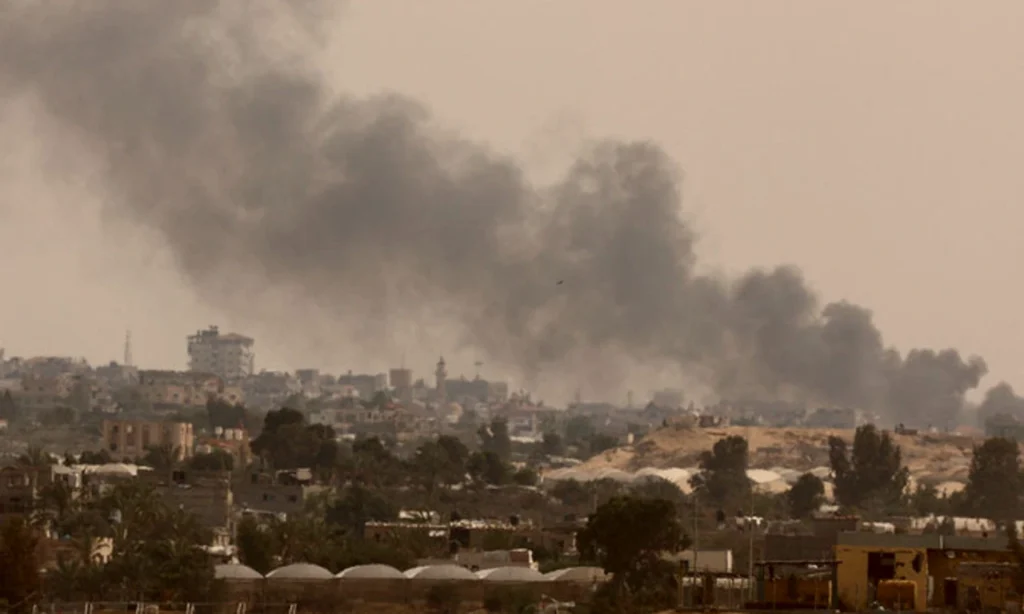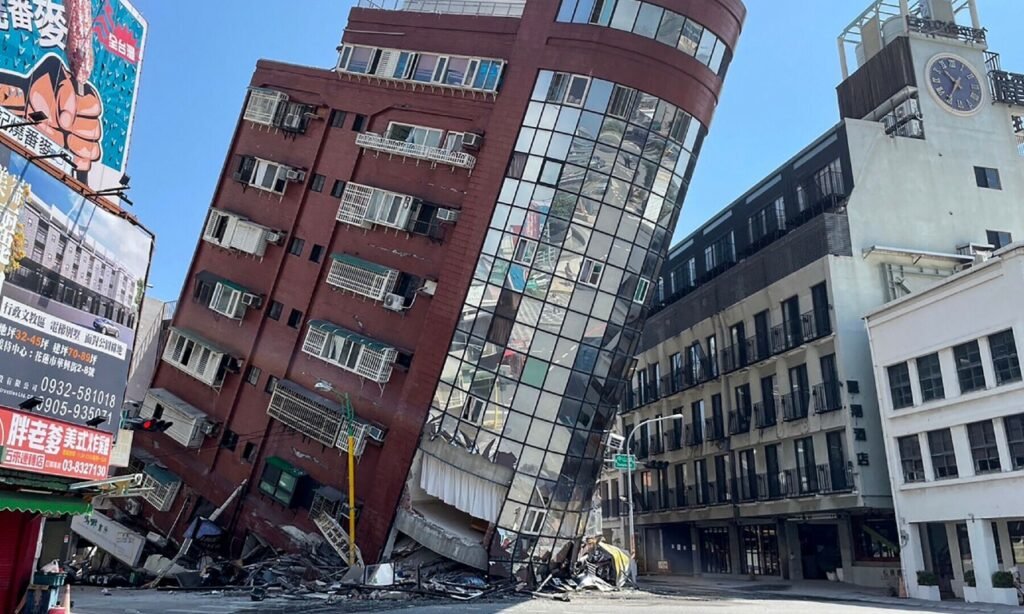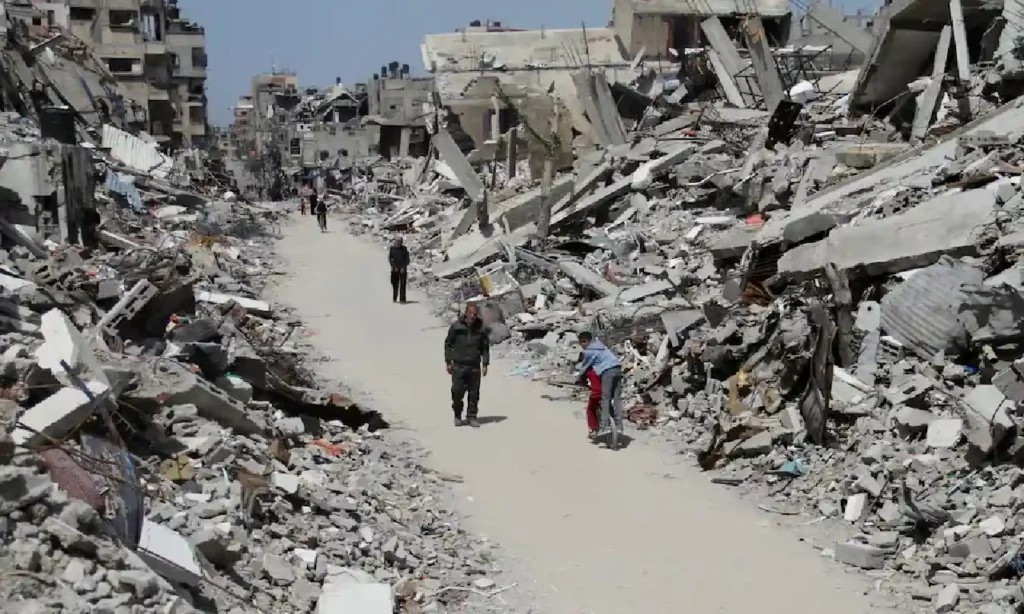Three Israeli soldiers were killed in Rafah, Israel’s military said Wednesday, as it pressed on with its pursuit of Hamas in the southern Gaza City, where hundreds of thousands of civilians are still sheltering and the U.S. has warned against a major ground offensive.
The deaths, which happened on Tuesday, bring the Israeli military toll since the start of the ground operation in Gaza in October to 290.
Israeli forces shelled a tent camp in a designated “safe zone” west of Rafah and killed at least 21 people. Including 13 women and girls, in the latest mass killing of Palestinian civilians. The UN Security Council convened an emergency meeting over Israel’s ground invasion of Rafah as Spain, Ireland, and Norway formally recognized the state of Palestine.
Background of the Conflict
An ongoing hotspot in the Israeli-Palestinian conflict is the city of Rafah. Because of its strategic location on the border between Gaza and Egypt. It has been the scene of multiple military operations. Rafah’s closeness to the border has made it a vital location for military clashes as well as smuggling tunnels.
The recent surge in violence is part of a broader Israeli military campaign aimed at neutralizing militant threats and destroying underground tunnels used by Palestinian militants for weapon smuggling and attacks. The Israeli government has justified these operations as necessary for national security, citing the threat posed by Hamas and other militant groups operating in Gaza.
Details of the Incident
According to military sources, the three Israeli soldiers were part of an operation targeting a suspected militant hideout. The soldiers were killed when their unit came under heavy fire from entrenched Palestinian fighters. The IDF has not disclosed the identities of the fallen soldiers but has confirmed that efforts to recover their bodies are ongoing.
In response to the attack, the IDF launched a series of airstrikes and ground assaults aimed at suppressing militant positions and securing the area. These retaliatory measures have resulted in additional casualties on both sides, further inflaming tensions.
Reactions and Consequences
The deaths of the soldiers have elicited strong reactions from Israeli leaders. Prime Minister Benjamin Netanyahu expressed his condolences to the families of the fallen soldiers and reiterated the nation’s commitment to defending its borders. “We mourn the loss of our brave soldiers who have paid the ultimate price to ensure the security of our nation. Our fight against terrorism is unwavering,” Netanyahu stated in a press conference.
On the Palestinian side, the Hamas leadership has vowed to continue its resistance against what it describes as Israeli aggression. Hamas spokespersons have called for increased support from the international community to pressure Israel into halting its military operations in Gaza.
The international response has been mixed. The United Nations and several human rights organizations have called for restraint and urged both sides to return to negotiations. Meanwhile, some countries have expressed support for Israel’s right to defend itself against militant attacks. While others have condemned the military operations as disproportionate and harmful to civilians.
Humanitarian Impact
The escalation in Rafah has exacerbated the already dire humanitarian situation in Gaza. The densely populated area has been under a blockade since 2007. Leading to severe shortages of basic necessities such as food, water, and medical supplies. The recent conflict has further strained these resources, with many residents forced to flee their homes amid the violence.
Humanitarian organizations have warned of a looming crisis if the fighting continues. The ongoing hostilities are hampering efforts to deliver aid to affected civilians, and there are growing concerns about the impact on children and other vulnerable groups.
Path to Peace
The three Israeli soldiers who died in Rafah serve as a sobering reminder of how many lives are lost in this battle. Resuming diplomatic attempts to defuse tensions and deal with the root causes of the violence is critically necessary as the crisis develops.
Leaders in Israel and Palestine are under tremendous pressure to find a way to end the conflict so that their respective communities can live in stability and security and avoid more casualties. In these endeavors, the international community’s role in promoting communication and offering humanitarian assistance is still vital.
Three Israeli Soldiers Killed In Rafah, The tragedy in Rafah highlights the complexity and enduring nature of the Israeli-Palestinian conflict. It underscores the necessity of persistent and earnest efforts toward achieving a peaceful resolution. One that honors the memory of those lost and paves the way for a more hopeful and secure future.




